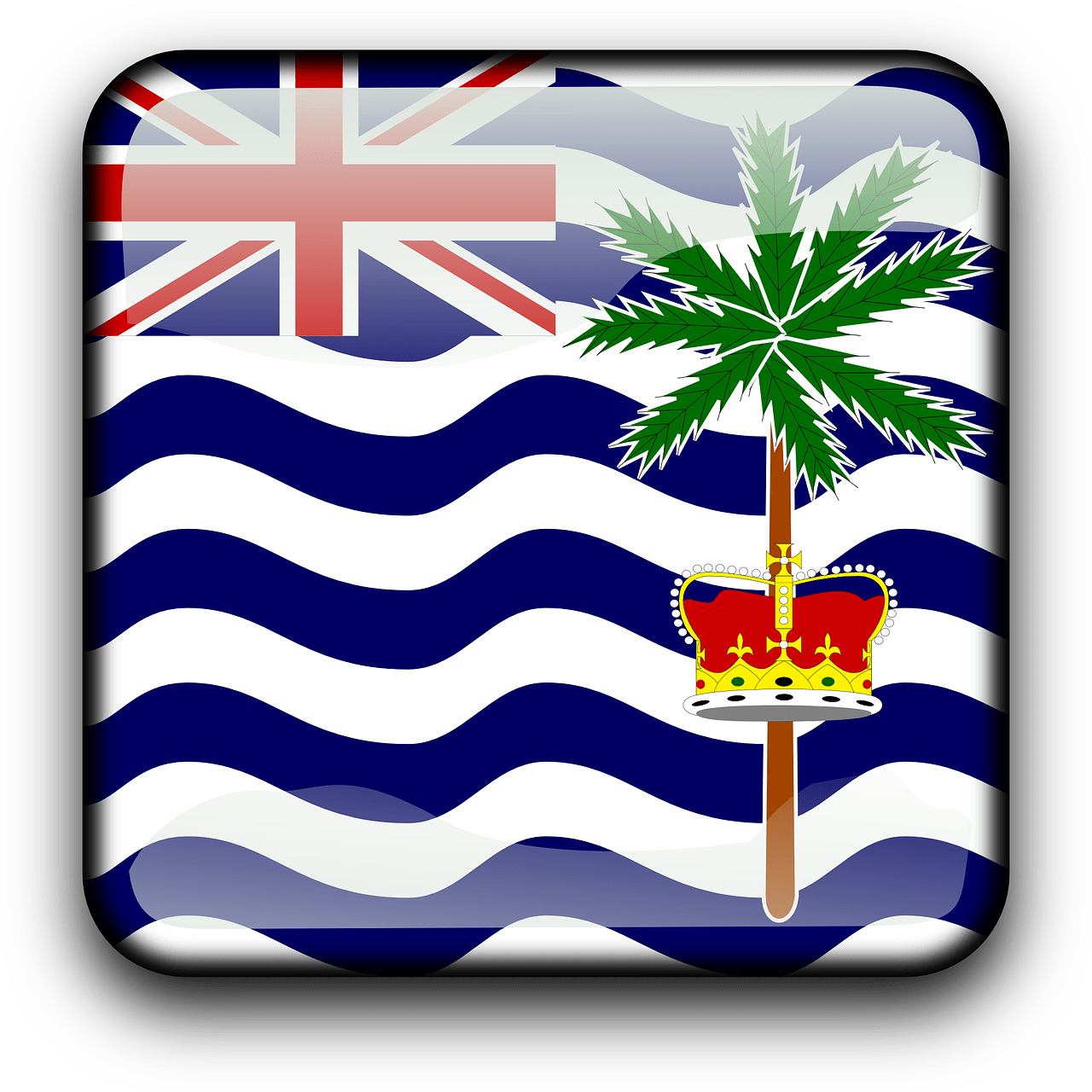Fundamental Changes to British Nationality Law (part 2 of 3)
This article is part of the ‘Fundamental Changes to British Nationality Law’ series, which provides a detailed summary of the most recent changes to British nationality law.
Part 1 covers:
Fundamental Changes to British Nationality Law (Introduction)
An Overview of Part 1 (Nationality) of the Nationality and Borders Act 2022
A Brief History of British Nationality Law
This Part Covers:
A New Right to Register as a BOTC
The Chagos Islands/British Indian Ocean Territory
BOTC’s Right to Register as British Citizens
Acquiring British Citizenship not Through a Biological Father
Part 3 covers:
A Discretionary Power to Register Adults
Power to Waive Requirements for Naturalisation Applications
Deprivation of Citizenship Status
Citizenship: Stateless Minors
This is part 2 of 3.
A New Right to Register as a BOTC
Section 4C of the British Nationality Act 1981 confirmed entitlement to register as a British citizen if the applicant was born outside the UK before 1983 and would have become a British citizen had their mother been able to pass on British nationality in the same way as a man.
Sections 4E–4J of the 1981 Act created an entitlement to register as a British citizen if the applicant was born before 1 July 2006 and would have become a British citizen or would have been able to register as a British citizen if their natural father had been married to their mother at the time of the birth.
The new Act extends these routes to applications for British overseas territories citizenship. Sections 1 to 2 of the 2022 Act introduced new provisions into Part 2 of the British Nationality Act 1981. They mirror ss 4C and 4E–J of the British Nationality Act 1981. These sections created a right to register for persons who would have satisfied the relevant requirements for registration as a British overseas territories citizen (BOTC) but for the fact that their mother:
- could not transmit citizenship; or
- was not married to their natural father at the time of their birth;
The Chagos Islands/British Indian Ocean Territory

The British Indian Ocean Territory (BIOT), also knowns as the Chagos Islands, is an Overseas Territory of the United Kingdom. It is situated in the Indian Ocean, halfway between Tanzania and Indonesia.
The territory consists of seven atolls of the Chagos Archipelago with over 1,000 individual islands. There are many tiny islands. The total land area is around 60 square kilometres (23 sq mi).
The only inhabitants of these islands are British and U.S. military personnel and associated contractors. Collectively there are around 3,000 of them.
The UK government forcefully removed approximately all Native Chagossians (about 2,000 people) to Mauritius and Seychelles between 1968 and 1973. They did so to construct the military base.
Section 3 of the new Act makes special provisions for those connected to the Chagos Islands/British Indian Ocean Territory (BIOT). It inserted a new section 17H into the British Nationality Act 1981, giving a right to register as a British overseas territories citizen for:
- A person who is a direct descendant of a person who was a citizen of the UK and Colonies CUKC because that person was born in the British Indian Ocean Territory before 8 November 1965; and
- Have never been a British overseas territories citizen (BOTC) or a British Dependent Territories citizen (BDTC)
The intention of this section is to place Chagossians descended from those born on the islands in the same position as they would have been in had they and their ancestors been allowed to remain living on the Chagos Islands.
Registration Before 23rd Birthday
It is important to note that if the above provisions apply to you, you need to submit your registration application within five years of the date of commencement (of the provision) for those who are aged 18 or over. This provision came into force on 28 June 2022. Therefore, the deadline is on 28 June 2027 (28 June 2022+ 5 years).
Those under 18 on the date of commencement or born within five years of commencement will need to register by their 23rd birthday.
Who is the Direct Descendant of Chagossians?
The Act does not define the term ‘direct descendant’. Therefore the ordinary meaning will apply. Also, to qualify, the child doesn’t need to be born within marriage. There is no good character requirement for this provision.
BOTC’s Right to Register as British Citizens
Section 4 of the 2022 Act now confirmed that those with the right to register as British overseas territories citizens under new provisions could also register British citizens without any further test. It will be possible to submit the registration applications together (to register as a BOTC and a British citizen). However, this section excludes British overseas territories citizens who acquired their status through sovereign base areas.
From 12 months to 18 Years
Section 5 of the 2022 Act amends s.17(2) of the BNA 1981. After the 2022 Act came into force, the period within which a child needs to apply to be registered as a British overseas territories citizen (BOTC) was extended. Before, they could only do this within 12 months from birth. Now until the child reaches their 18th birthday.
Acquiring British Citizenship not Through a Biological Father
Before the 2022 Act became into force, if a child was born when the child’s mother was married, the child could only get their citizenship through their mum or the father (to who their mum was married when the child was born). There were circumstances when the child’s biological father was not the mother’s husband. Before the 2022 Act , a child in these circumstances could not acquire the citizenship of their biological father.
Section 7 amended the BNA 1981 to provide an entitlement to British citizenship for children who could not acquire it because their mother was married to someone other than their biological British citizen father at the time of their birth.
